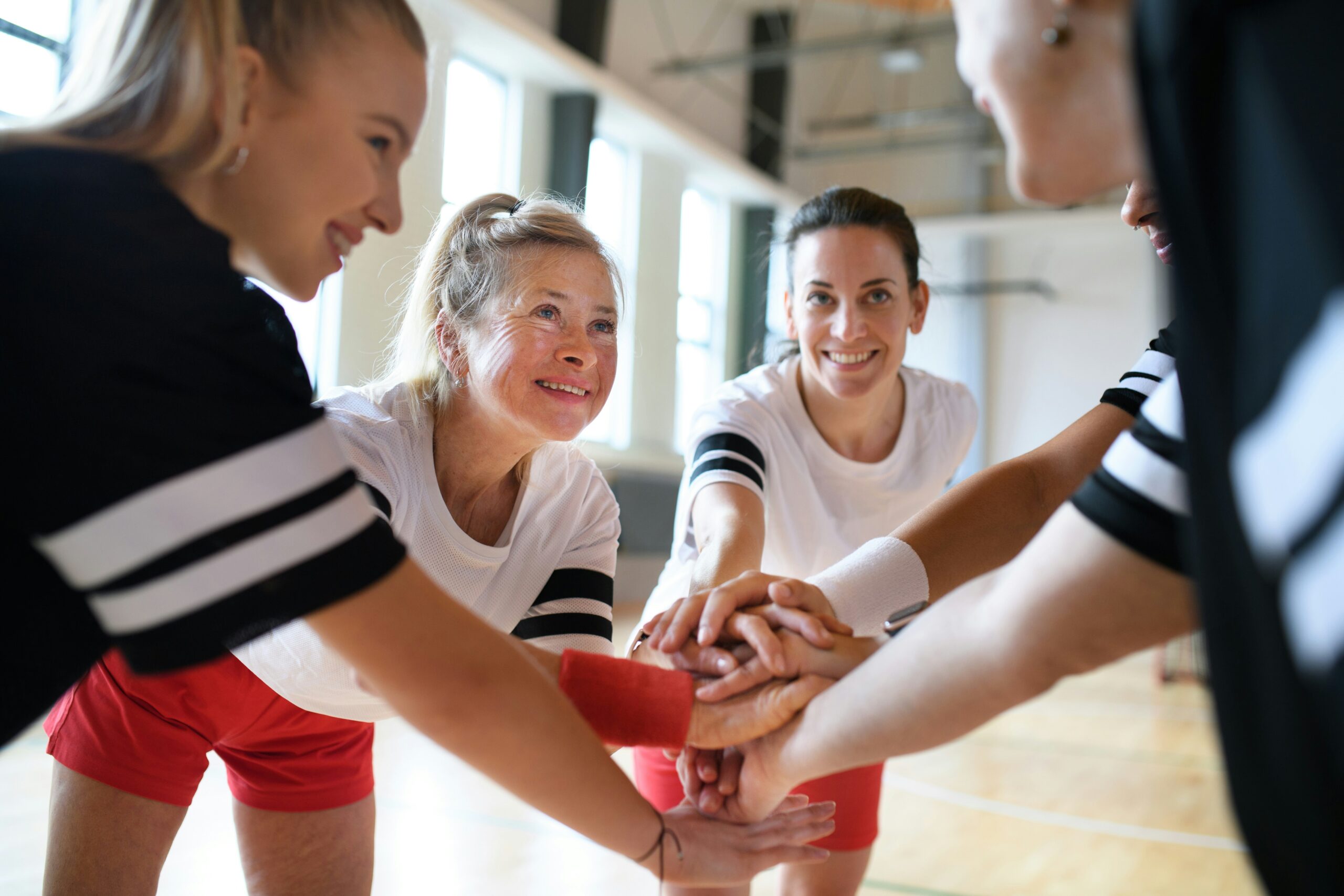
Participating in team sports offers far more than just physical fitness. Beyond building strength and endurance, team-based athletics play a vital role in shaping essential life skills, including social interaction, leadership development, and effective communication. These skills contribute to personal and professional success, making sports an invaluable experience for individuals of all ages.
Building Strong Social Skills Through Team Sports
Engaging in team sports provides a structured environment where individuals learn to navigate social interactions effectively. Players must cooperate with teammates, follow group strategies, and contribute to a shared goal. This fosters an understanding of teamwork, patience, and compromise—qualities that are critical in social settings beyond the field or court.
Moreover, being part of a sports team exposes individuals to diverse personalities and backgrounds, helping them develop empathy and adaptability. Players learn how to manage conflicts, offer encouragement, and celebrate successes together, reinforcing their ability to work collaboratively in various social and professional situations.
Enhancing Leadership Abilities
Team sports naturally cultivate leadership qualities, requiring players to make decisions, take responsibility, and inspire others. Whether through formal roles such as team captain or informal leadership opportunities during gameplay, athletes develop confidence in guiding their peers.
In addition to decision-making, sports teach individuals how to lead by example. Demonstrating discipline, perseverance, and a strong work ethic motivates teammates to push themselves further. These leadership experiences translate into professional and personal environments where the ability to influence and inspire others is invaluable.
Strengthening Communication Skills
Clear and effective communication is essential in any team sport, ensuring players work together efficiently. Athletes must convey strategies, provide feedback, and alert teammates to real-time changes in play. This constant verbal and non-verbal exchange improves articulation, listening skills, and the ability to interpret body language.
Furthermore, sports participation enhances conflict-resolution skills. Players must address misunderstandings or disagreements constructively to maintain team cohesion. Learning to communicate calmly and assertively under pressure prepares individuals for challenges in the workplace, relationships, and other collaborative efforts.
Encouraging Accountability and Responsibility
One of the most valuable lessons team sports instill is accountability. Players quickly understand that their actions impact the entire team, motivating them to take responsibility for their performance. Whether committing to practice, following game strategies, or owning up to mistakes, athletes develop a sense of duty that extends into their personal and professional lives.
Beyond individual accountability, sports emphasize collective responsibility. Every team member plays a role in achieving success, encouraging individuals to depend on and support one another. This mindset fosters a greater appreciation for responsibility in group dynamics, reinforcing the importance of reliability and trustworthiness.
Promoting Emotional Intelligence and Resilience
Team sports provide a platform for individuals to experience triumphs and setbacks, fostering emotional intelligence and resilience. Winning encourages athletes to celebrate with humility, while losing teaches them how to cope with disappointment and learn from their mistakes. These experiences strengthen emotional regulation and the ability to persevere through adversity.
Moreover, sports help individuals recognize and manage emotions in themselves and others. Understanding teammates’ emotions, whether frustration, excitement, or determination, enhances emotional awareness and adaptability. These skills are crucial in maintaining healthy relationships, handling workplace challenges, and navigating social interactions.
Cultivating Cooperation and Teamwork
The principle of cooperation is at the heart of every team sport. Success in a game depends on players working toward a common goal, highlighting the importance of collaboration and mutual support. Learning to rely on teammates, trust their abilities, and contribute selflessly strengthens valuable teamwork skills in any group setting.
Additionally, sports teach individuals how to embrace different roles within a team. Not everyone can be a star player, but every role is essential to success. Recognizing the importance of each contribution fosters an appreciation for diverse skill sets and promotes a more cooperative mindset in both social and professional environments.
Team sports are a powerful platform for developing social skills, leadership abilities, and effective communication. Through teamwork, accountability, and resilience, athletes gain valuable life lessons that extend beyond the playing field. Whether in personal relationships or professional settings, the skills honed through sports contribute to well-rounded, confident individuals ready to tackle challenges with cooperation and confidence.